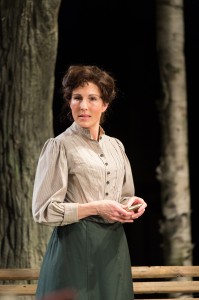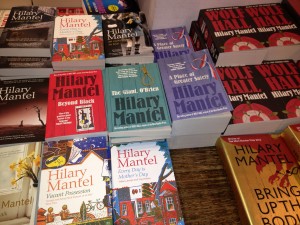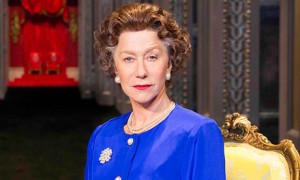Boris Akunin, Russia’s most successful author of detective novels
and prominent leader of the opposition, thinks the revolution could come any moment.
Profil: You were one of the leaders of the Russian street protests last winter. Isn’t this a strange role for an author of detective novels, whose fictive detective Erast Fandorin is scared of revolution?
Akunin: It’s true, I am afraid of a revolution. In Russia revolutions turn bloody quickly. The Revolution of 1917 was a disaster. It happened because the regime did not cope with their task to balance out inequality. Zar Nicholas II. was the absolute ruler and he didn’t want to share power.
Profil: Can we compare 1917 with today?







